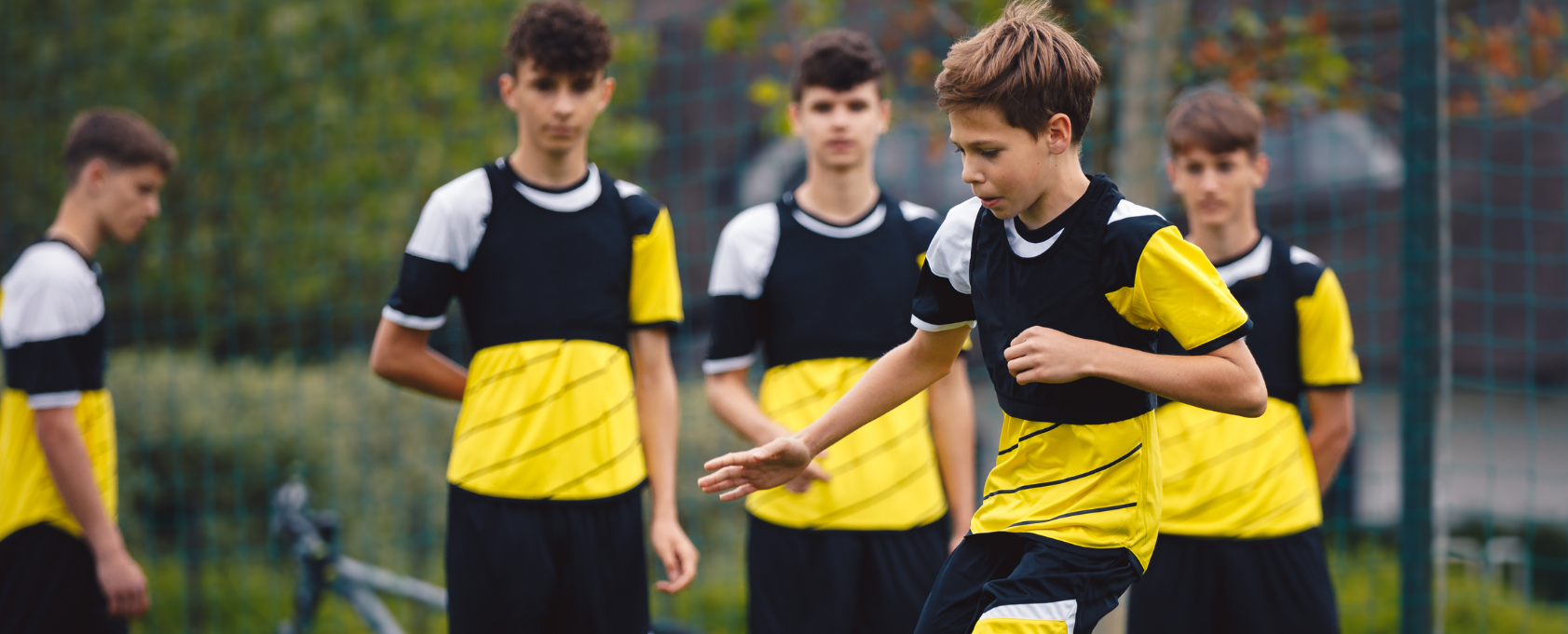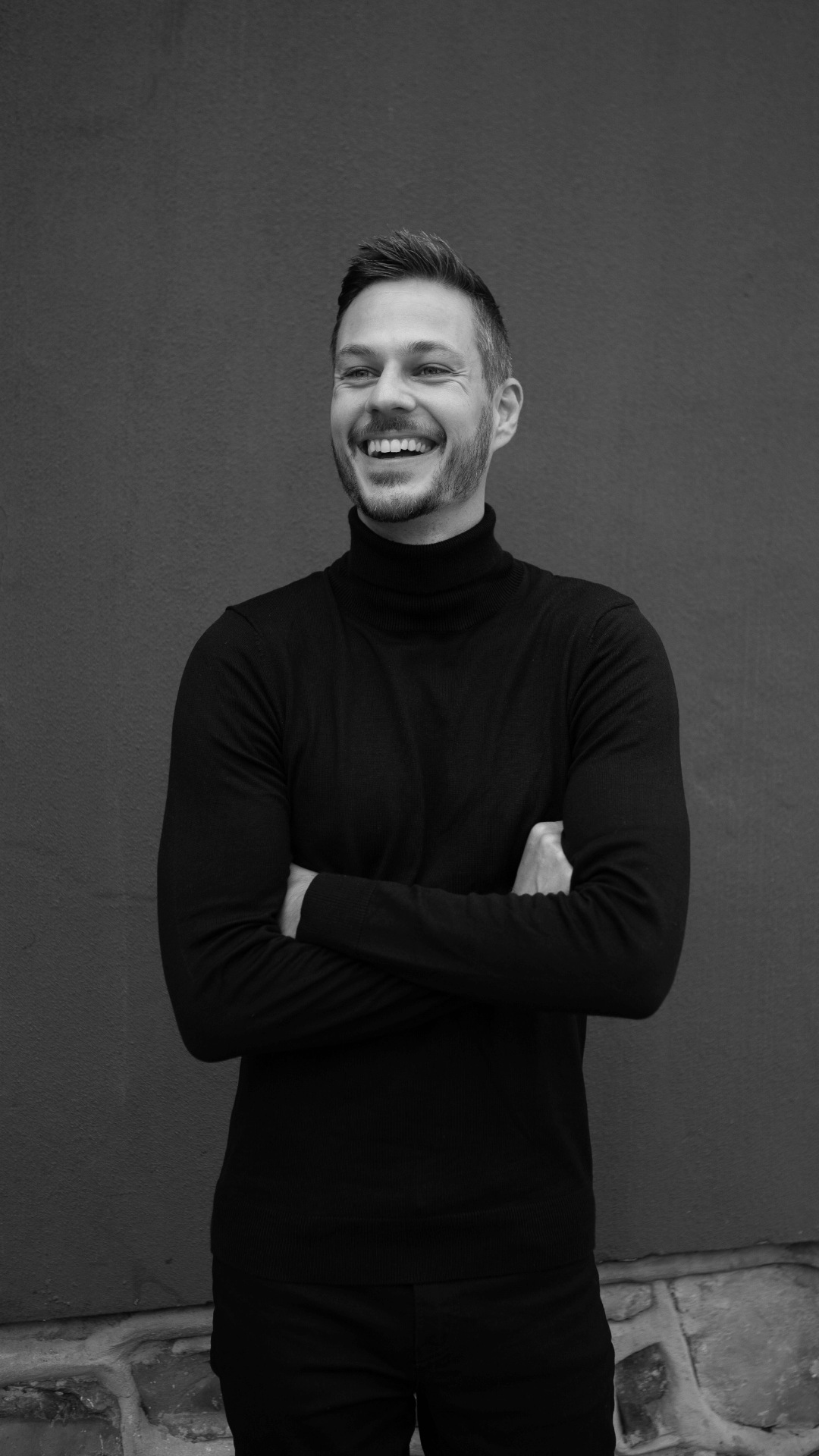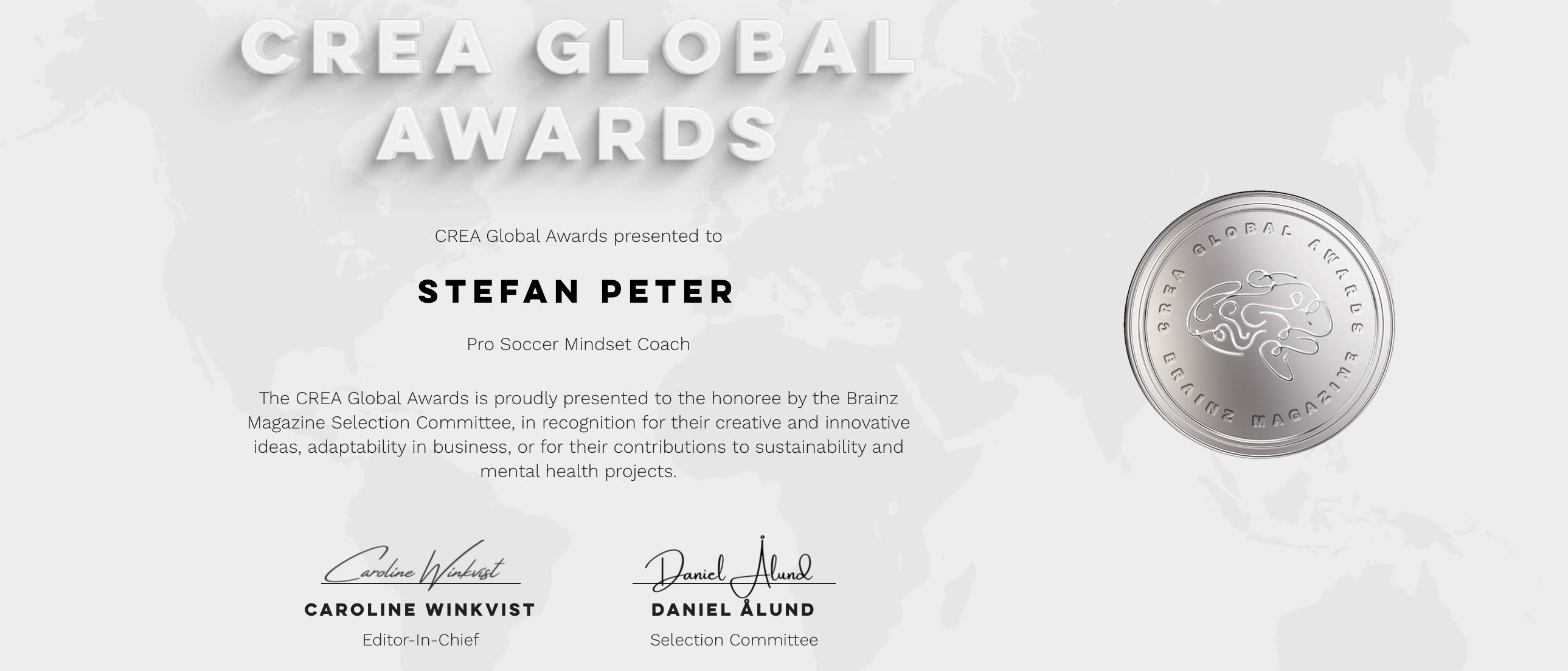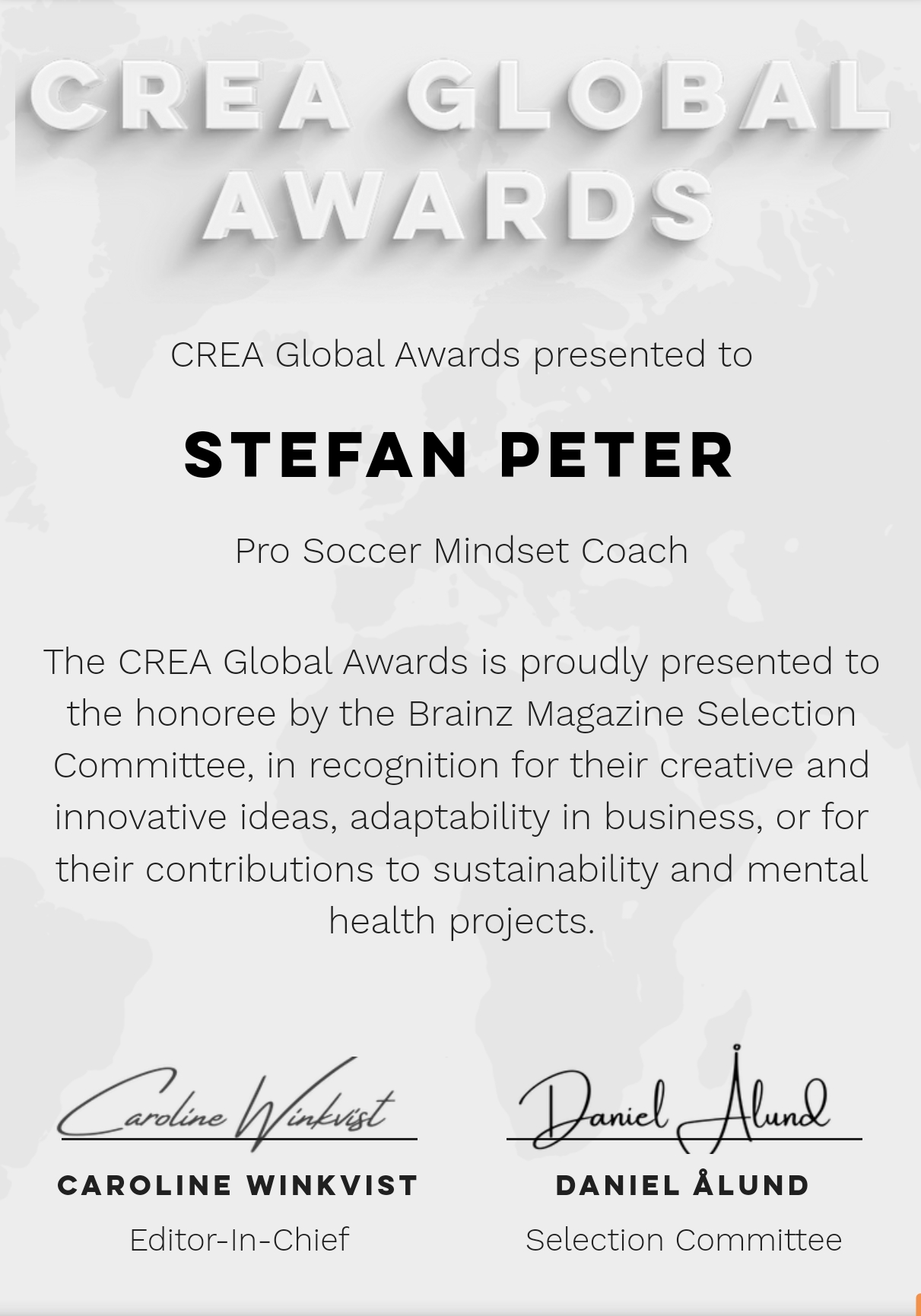
As a young athlete, you do sports because you enjoy it- right? Pressure plays little or no role at first. But there comes a time when you feel what it can mean to you if you suddenly stop performing. College athletes subconsciously fear failing, disappointing others, not being good enough, and maybe even losing their scholarship.
Dealing with this pressure isn't always easy, and that's why it's hugely important to work on your personality with as much focus as you do on the physical components of the your sport.
Examples like Michael Phelps, Serena Williams or The rock wish in hindsight that they had worked on these skills earlier.
Goal setting is dangerous
TIP no. 1 that I can give you is to consciously think about your goals and desires and above all to feel what these desires do to you.
As a young athlete I would have wished for exactly this tip, because then I might have realized earlier that my father had transferred his dream of becoming a professional to me and therefore put me under enormous pressure.
As a child it is often difficult to take this step and to perceive it in a reflective way, but we as parents who are responsible for our children to a certain extent should also question ourselves whether we are not perhaps passing on our own expectations to our children too much and thus putting them under too much pressure. Talk about it with your child if you notice the growing. Open and honest communication from the heart, without expectations and without conditions is always a great way to get more in touch with yourself, but also with anyone else and to support each other better.
Make a list of your goals AND why you want to achieve them
I want to become my schools best goal scorer because ...
I want to go pro because ...
What are your real reasons and how does that make you feel?
Do you enjoy what you do?
Be aware that goal setting can be dangerous
Be aware that goals can also be very dangerous. Why - you ask? All my life I have learned to set goals and to achieve them, you may say to yourself now.
But - have you ever thought about what goals really do? When we set goals, we are also telling ourselves that now is not good enough and that we will be happy only later, once we have reached the goal. If we do this all our lives, we are constantly chasing the carrot in front of our nose and forget to enjoy life.
Tip no. 2
If you have come to the conclusion that you love what you do and enjoy improving, then take a conscious look at the things in your life that are sabotaging your success or performance.
The biggest preventers of success
Among the biggest obstacles to success are fears that often run subconsciously, such as fear of rejection, fear of loss, fear of embarrassment, fear of failure, fear of not being good enough, or fear of not deserving.
Especially subconscious programs are strong counterparts to your conscious maybe strong positive mindset. But the subconscious fear will always win and it will block you until you become aware of it, accept it and transform it positively for you.
Eating habits
Another big obstacle to success is distraction. How much time do you spend distracting yourself or sabotaging yourself. Of course it's okay to lie on the couch and watch a movie once in a while without being productive. A certain form of distraction is always good for us and should not be forbidden. But under distraction I also understand things like the right eating habits. If I constantly distract myself with chips and sweets then I sabotage my success. Like everywhere else, the 80/20 rule applies. If 80 of the time I do beneficial things that get me ahead, or 80% of my diet is very good, then the other 20% can be less good. But be aware that the greater the success and performance of people, the more likely this ratio shifts towards 90/10 or 95/5. Christiano Ronaldo does not distract himself by damaging his health and performance with a Coke. But I hope that he still treats himself to a piece of cake once in a while ;-)
Tip no. 3
Changing habits is always the hardest thing in life, whether for children or adults. But the fact is that the older we get, the more we cling to the safe old patterns. There are studies that show that people over the age of 35 only change their habits when the pressure of suffering is already extremely high or they have experienced a traumatic, drastic, unfortunately often negative experience.
I am of the opinion that one should therefore always re-evaluate one's habits and if necessary also change them if one comes to the conclusion that the old habit no longer makes sense.
Become still
One habit I have been practicing for a long time is time for myself in silence. Every day at least 15 minutes, preferably longer. To do this I either go for a walk in nature, put on headphones and listen to binaural frequencies or I meditate.
What is the use of doing nothing, many clients ask?
The answer is simple. The more often you manage to give your mind a break, the more energy your body has for many other processes. Our brain is the biggest energy consumer of our body, not our muscles as we think. Do you know how much valuable energy you waste every day thinking about meaningless things, worrying, thinking about the past or imagining the future? The better you learn to use your mind as a tool only when it is useful, the more energy you will feel and the calmer and more relaxed you will become and at the same time you will learn to deal with pressure and increased demands much better.
I wish you a lot of fun with the implementation and all the best and best performance Stefan Peter
About the author

Stefan Peter, MAS in Sports Health and Leadership
With more than a decade of coaching experience and my own background as a young athlete it is my goal to help you perform better, but most importantly help your personal growth on and off the pitch.
" So many young athletes only perform in training, but block their own performance when it gets tough. Training the mental side of the game is essential these days and the earlier you start the better it is. Together we can work on things like correct goal setting, the steps to visualization that actually work, improving communication and overcoming limiting thoughts, emotions and beliefs.


BRAINZ MAGAZINE
Also read my mindset and personal development articles at Brainz Magazine - reaching over 2 million peope every year!

1:1 Mindset Strategy Call
book your first 20mins strategy call where we talk about your goals and current challenges and create a custom plan for your performance
